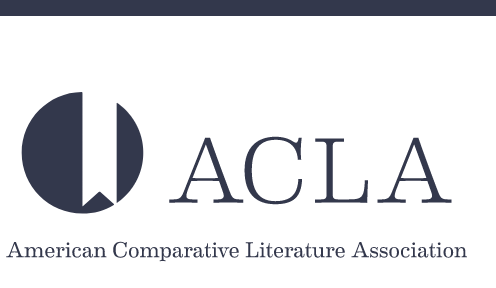
The Caribbean and The American South: Interrogating Contemporary Literary, Artistic, and Cultural Relations (2024 ACLA, Chicago)
Organizer: Jeanne Jegousso, PhD (Hollins University)
Co-Organizer: Emily O'Dell, PhD (McNeese State University)
Contact the Seminar Organizers at jegoussoj[a]hollins.edu
In 2020, Martinican author and filmmaker Fabienne Kanor published Louisiana, a novel taking in place in New Orleans ten years after hurricane Katrina, in which Nathan travels from Cameroon to Louisiana to find a long-lost uncle. From Governor Nicholls Street, located in the historic Tremé’s neighborhood, Kanor peruses the American South, its population, its culture, and its history. After landing in Dallas and travelling alongside the Mississippi river from the Creole city to Baton Rouge and to the bayous in between, the young man come to the realization that “America is not a new country, but an old world that has never been cleaned” having lost his illusions and hopes about black America.
Connected by the shared experience of the “plantation system” (in the words of Martinican author Édouard Glissant), the relationship between the Caribbean and the American South has been studied from a historical perspective[1], and there has been some literary scholarship devoted to our understanding of the influences and connections in 19th and 20th century literature. Furthermore, some studies have expanded their temporal boundaries but have been limited by linguistic barriers including the collective volumes of American Creoles: the Francophone Caribbean and the American South edited by Celia Britton or La Louisiane et les Antilles, une nouvelle région du monde edited by Alexandre Leupin and Dominique Aurélia. In the case of these collections, they include discussions of some of the more modern literary and cultural connections between the Caribbean and the American South in the context of a French speaking network.
Our goal with this panel is to expand on the existing ideas of the “circumCaribbean” by welcoming presentations analyzing the literary and cultural connections between the American South and the Caribbean from the late 20th/21stcenturies, regardless of linguistic boundaries. Some questions to consider: Since the late 20th century, how do authors from the Spanish, Dutch, English, French, Kreyol speaking Caribbean write about their relationships with their American neighbors? Alternatively, how do authors from the southern United States understand and represent the Caribbean in their literary works? How do American or Caribbean literatures continue to illustrate the famous motto that New Orleans is “the northmost city of the Caribbean”? How are the contemporary relationships between the Caribbean the American South studied in the classroom? What cross-cultural connections can we see emerging in works of literature by authors from the southern U.S. and the Caribbean? Presentations from cultural anthropology, musicology, arts, and history are also welcomed.
Click here to submit an abstract via the ACLA portal: https://www.acla.org/node/add/paper
[1] Caribbean New Orleans: Empire, Race, and the Making of a Slave Society by C. Vidal, From Saint-Domingue to New Orleans: Migration and Influences by N. Dessens, Degrees of Freedom: Louisiana and Cuba by R. J. Scott etc.